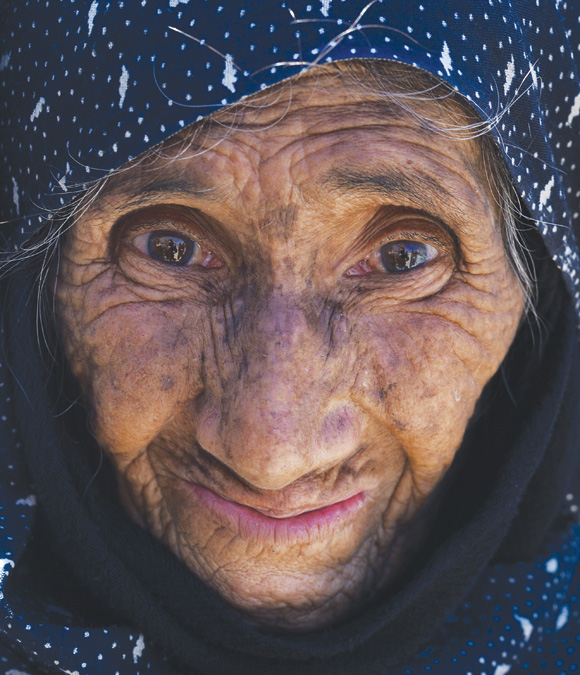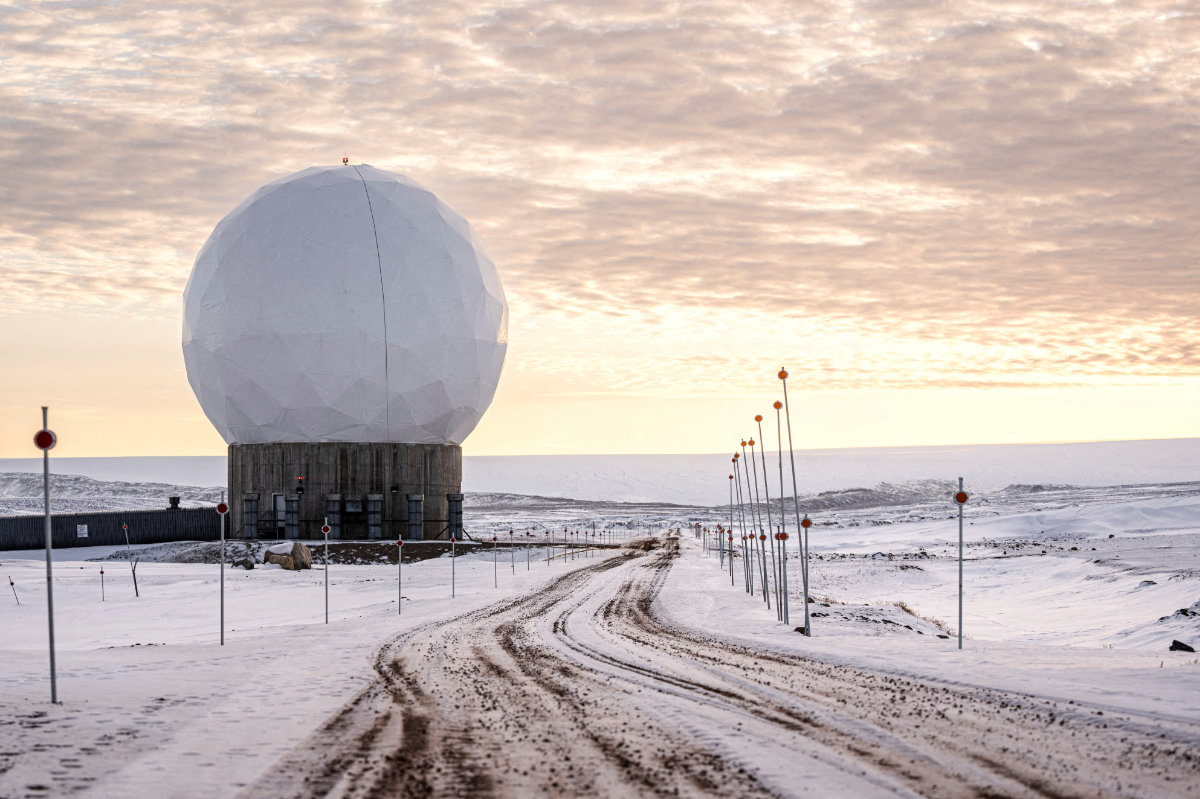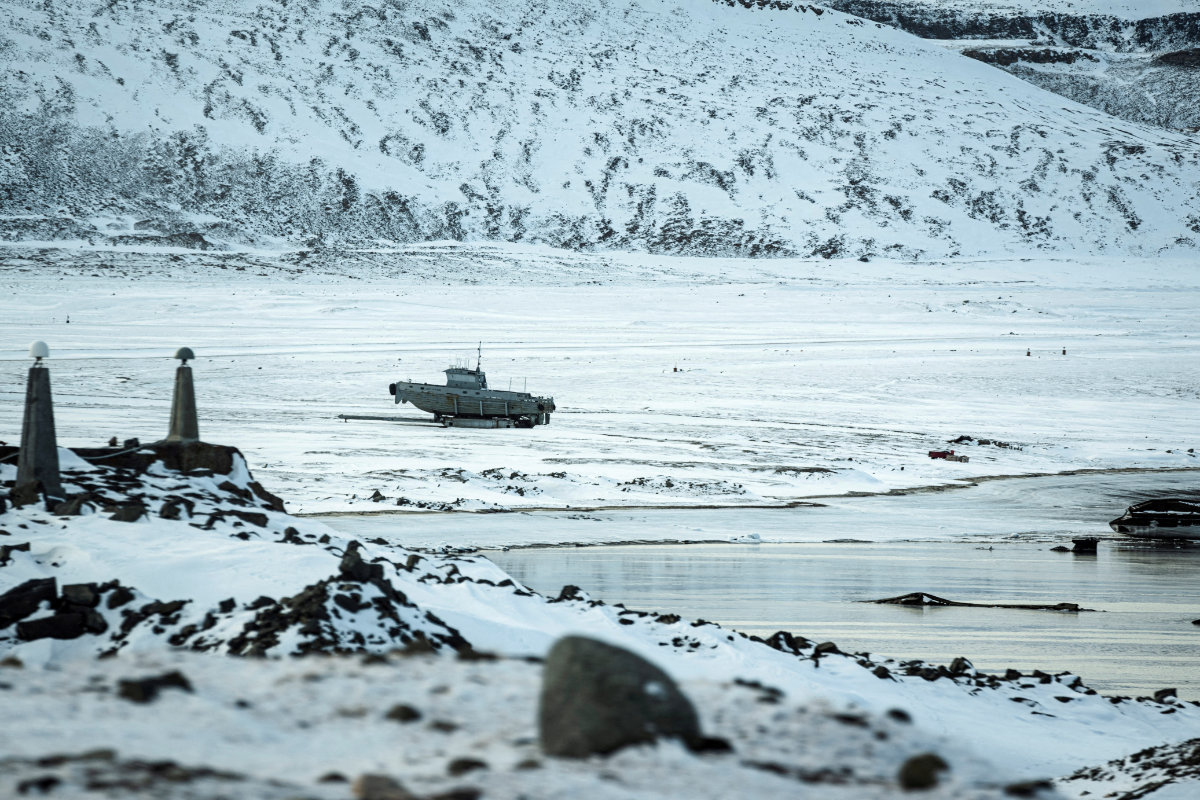In 2016, Shah Marai, the Agence France-Presse photographer killed in a suicide bombing on Monday, wrote a blog for his news agency in which he described the deteriorating security situation in Kabul.
“There is no more hope,” Marai wrote. “Life seems to be even more difficult than under the Taliban because of the insecurity. I don’t dare to take my children for a walk.”
He said he longed for the time immediately after the US-led invasion drove the Taliban from the Afghan capital, what he described as “the golden years. After the darkness of the Taliban rule.”
Yet it was during this darkness that Marai began to cut his teeth as a journalist.
He joined AFP’s Kabul bureau in 1996 as a driver, the year the Taliban took over the country. Soon he was taking photos, as AFP’s lone man in Kabul, cautiously snapping shots around the city.
“They hated journalists,” Marai wrote of the Taliban.

A voter waits to register for the 2014 elections, that were plagued by violence. (Shah Marai/ AFP)
He recalled being one of the few reporters to cover the bombing of Kabul ahead of the US invasion.
In his obituary, AFP described their chief photographer in Kabul as a charismatic, courageous journalist dedicated to reporting on Afghanistan’s wrenching conflict.
“His powerful photographs are testament to the unimaginable violence he witnessed over the years — as well as the fragile moments of beauty and joy in a country pummelled by decades of war,” the obituary said.
Marai was one of 26 people killed on a particularly bloody day in the Afghan capital. He died along with eight other journalists hit by a second suicide bomb after they had arrived to report on the first one. Daesh admitted carrying out the attacks.
In a separate incident, Ahmad Shah, a journalist who worked for a local language service of the BBC and for Reuters, was shot dead in the eastern province of Khost.
Marai was beaten and threatened by the Taliban, and suffered devastating personal loss several times over, including in 2014 when AFP senior reporter and his good friend Sardar Ahmad was killed along with his wife and two of his children in a Taliban attack.
Marai often spoke of sleepless nights haunted by what he had seen and endured, and of his fears as Kabul slipped further into violence.
“This is a devastating blow, for the brave staff of our close-knit Kabul bureau and the entire agency. Shah Marai was a treasured colleague who spent more than 15 years documenting the tragic conflict in Afghanistan for AFP,” said Michèle Leridon, AFP global news director.
“We can only honor the extraordinary strength, courage, and generosity of a photographer who covered often traumatic, horrific events with sensitivity and consummate professionalism.”
Tributes poured in for him on social media, where fellow reporters who had worked with him for years mourned his loss.
“Our friend, the great photographer Shah Marai, is among the dead of the second Kabul explosion this morning. He was doing his job, like he had over two decades,” wrote New York Times correspondent Mujib Mashal.
Marai leaves behind a family of six children, including a newborn daughter.



































